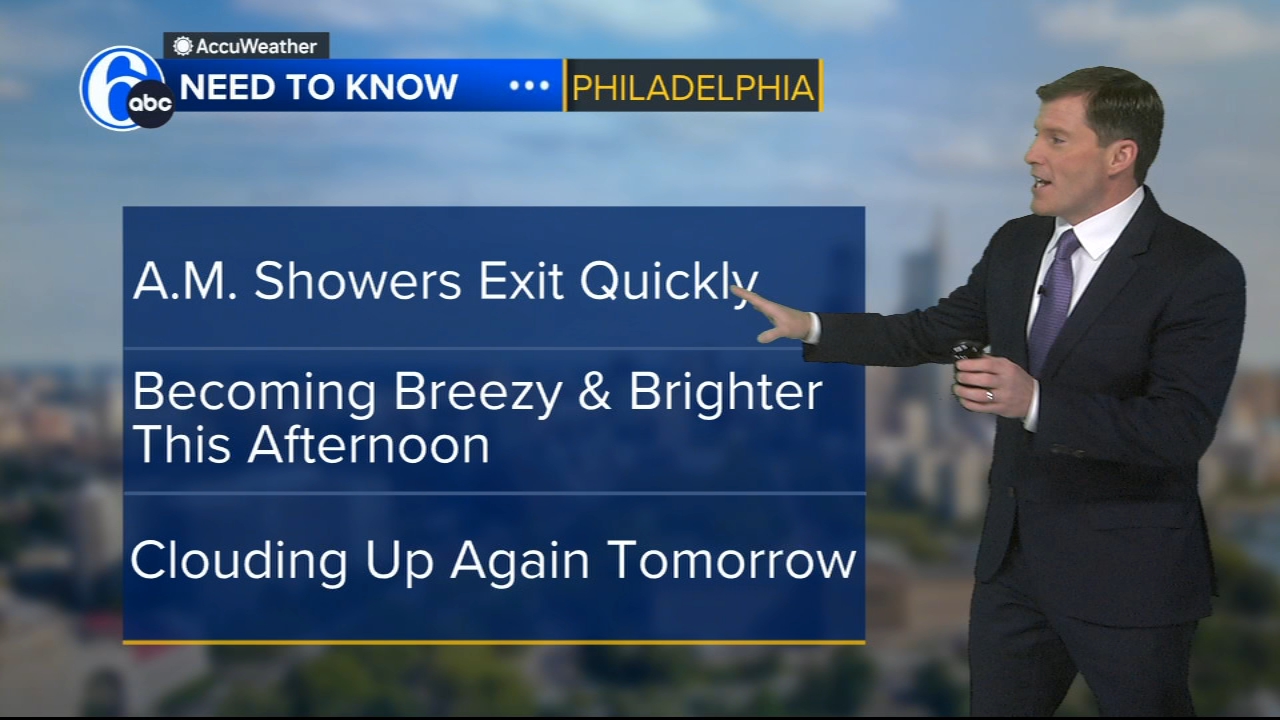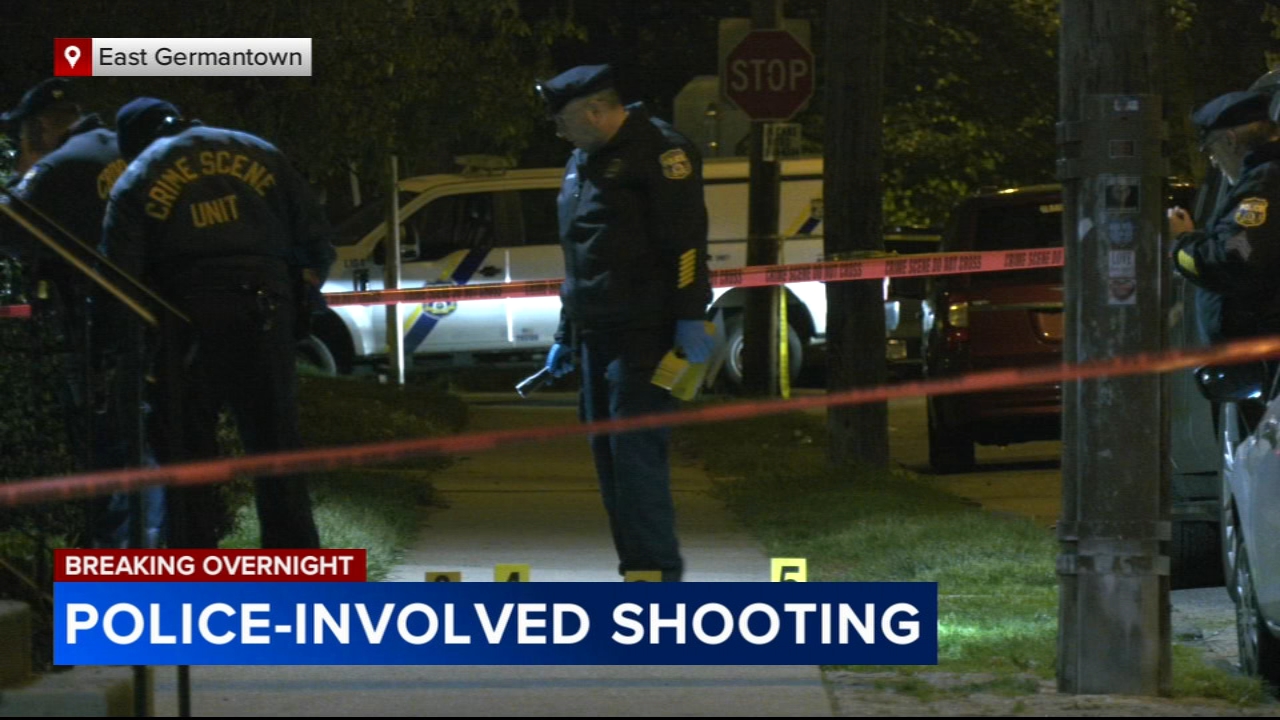Temple Health respiratory therapist explains what COVID-19 does to your lungs

PHILADELPHIA (WPVI) -- COVID-19 can move through your system and have you dependent on ventilators in a matter of hours.
That's not an exaggeration. Hernan Alvarado, the Director of Respiratory Therapy at Temple University Health System, has seen this happen right before his eyes.
"Some of those patients that you've seen, within three to four hours, they decompensate completely where that chest X-ray is whited," said Alvarado. "Now they're on a breathing tube."
Alvarado says this virus attacks the lungs.
"It's as if I was asking you to take a deep breath and I was holding your chest," Alvarado explained. "Not allowing you to expand your chest completely to inhale and exhale."
That prevents oxygen intake. As Alvarado adds, "Now I'm not letting oxygen cross that lung tissue into your bloodstream."
For some of their patients, the decline happens in hours; for some, it's a little longer.
"With some patients sometimes it takes them a day, all of a sudden they're on full support and I mean full ventilator support," Alvarado said.
Doctors say not everyone who contracts the virus needs hospital care, but for those who do, know that at Temple there are plenty of ventilators still available.
"We have what we need, we have ventilators," said Alvarado.
Alvarado also says listen to your body.
"The classic signs, increase in fever, shortness of breath cough, difficulty breathing, If you have any of those symptoms get checked. It could save your life," Alvarado said.
"I've been doing this for 23 years in the Philadelphia area including teaching, and I can tell you that it's probably the most aggressive virus that I've seen," says Alvarado. "It starts slow, lulls you to sleep and then comes on."
Now the good news is despite some people having to be on ventilators for nearly two weeks, recoveries are being made daily. Each day the medical team says they learn something new.





